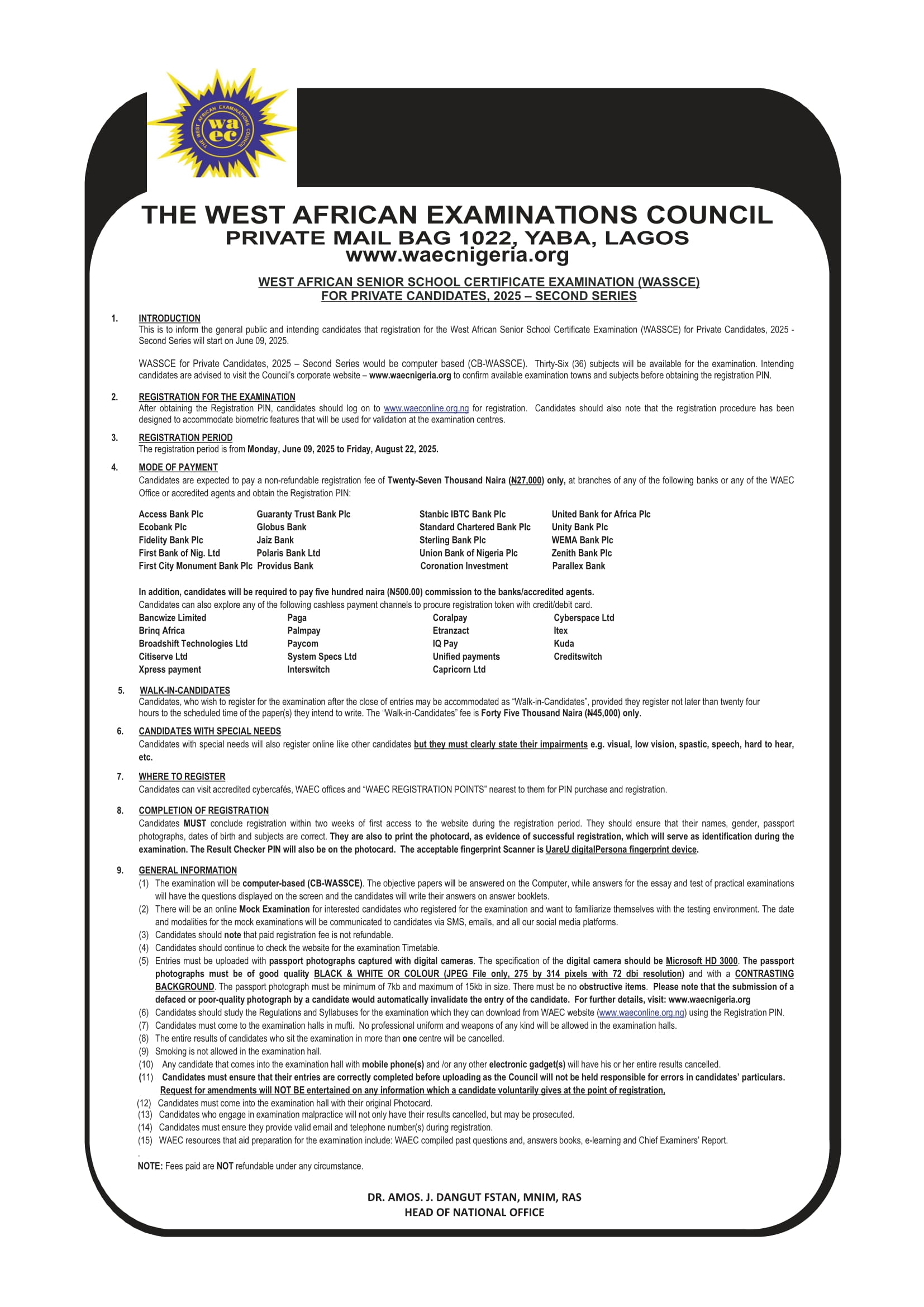
Oil rig
A week of turmoil in oil market

This week has seen quite a lot of turmoil in oil markets. With China finally coming out of its three-month lockdown nightmare, oil prices were moved by reports that Saudi Arabia and the UAE would seek to speed up the monthly increments of OPEC+. When the oil group did in fact opt for 648,000 b/d increases in July and August, it seemed that prices might genuinely come lower, closer to the $110 per barrel mark. Unfortunately for oil bears, news of dropping US inventories, combined with the EU’s decision to ban Russian oil imports, sent oil prices climbing once again.
OPEC+ Speeds Up Production Increases. OPEC+ members agreed to raise their overall production targets by 648,000 b/d in both July and August, bringing the final unwinding of the oil group’s production cuts forward by one month on fears of falling Russian production.
EU Bans Insurance of Russian Oil Cargoes. The European Union finalized its prohibition of financing and financial assistance services for Russian oil cargoes, a measure that is set to come into effect after a wind-down period of six months, effectively banning EU entities from providing insurance to Russian trade.
White House to Retroactively Raise 2021 Blending Volumes. According to media reports, the Biden Administration is poised to raise ethanol blending mandates for 2021 above the previously indicated number of 13.32 billion gallons, sending D6 renewable credits soaring by 11% on Wednesday when the story broke.
Iran Cuts Gas Supply to Iraq Again. Iran cut gas supplies to Iraq a little more than one month after it had restarted them, with the decision stemming from the non-payment of arrears. Supplies were supposed to rise to 50 million cubic meters per day, so now Iraq is facing widespread power shortages.
The Netherlands Wants to Drill Again. The Netherlands and Germany agreed to jointly develop a gas field in the North Sea, 12 miles off the north coast of both countries, reversing a previous rejection from German authorities, as both countries seek to wean themselves off Russian gas.
Kazakhstan Renames Its Crude to Minimize Risk. Kazakhstan is changing the name of the crude that it is exporting via Russian ports to Kazakhstan Export Blend Crude Oil (KEBCO), in a bid to dissociate itself from Russian-origin cargoes that generally go under the name of Urals.
Tullow-Capricorn Merger Creates African Upstream Powerhouse. Tullow Oil (LON:TLW) and Capricorn Energy (LON:CNE), formerly known as Cairn, agreed to merge in an all-stock deal of $830 million, with the new yet-unnamed entity expected to have an output of around 100,000 of boepd.
EPA Restores Right of States and Tribes to Block Projects. The US Environmental Protection Agency restored the right of states and tribes to block energy projects on environmental grounds by using the federal clean water permitting process, reversing a Trump-era decision that will most likely slow down new infrastructure projects.
The Usual EU Money Squabbles Start Again. The government of Spain announcedthat it should be the EU that pays for any new natural gas interconnections between Spain and its European neighbors, with Madrid being completely independent of Russian energy supplies and taking in LNG instead.
Colombia Court Approves Fracking Pilot. Colombia’s highest administrative court has allowed pilot fracking projects to proceed while it considers the legality of a previous lower court decision to block two projects, allowing national oil firm Ecopetrol (NYSE:ECO) and ExxonMobil (NYSE:XOM) to continue with drilling operations.
Chevron Warns Against US Fuel Export Ban. Chevron (NYSE:CVX) CEO Michael Wirth warned against banning fuel exports as a means of decreasing the price of oil products, saying that over the next few months product shortages will materialize, with Europe being the most likely candidate.
Russia Limits Exports of Noble Gases. Russia’s Trade Ministry announced that it would limit the exports of noble gases, most notably neon, a key ingredient in making chips, aggravating a supply crunch that has already seen one of the world’s largest producers – Ukraine – disappear from the markets.
New Australian Government Faces Gas Crisis. With Australia taken aback by a cold snap that sent heating demand spiking along with demand for natural gas, Canberra has called on the industry to help as gas prices have quadrupled and the government mandate to keep LNG at home could only be triggered from 2023.
Norway Sees LNG Prospects Boosted, At Last. Norwegian energy major Equinor (NYSE:EQNR) restarted the Hammerfest LNG facility in the country’s Arctic waters after it had been idle for almost two years after a 2020 fire incident, boosting Norway’s export capacity by 650 Bcf per day.
-OilPrice.com
About The Author

